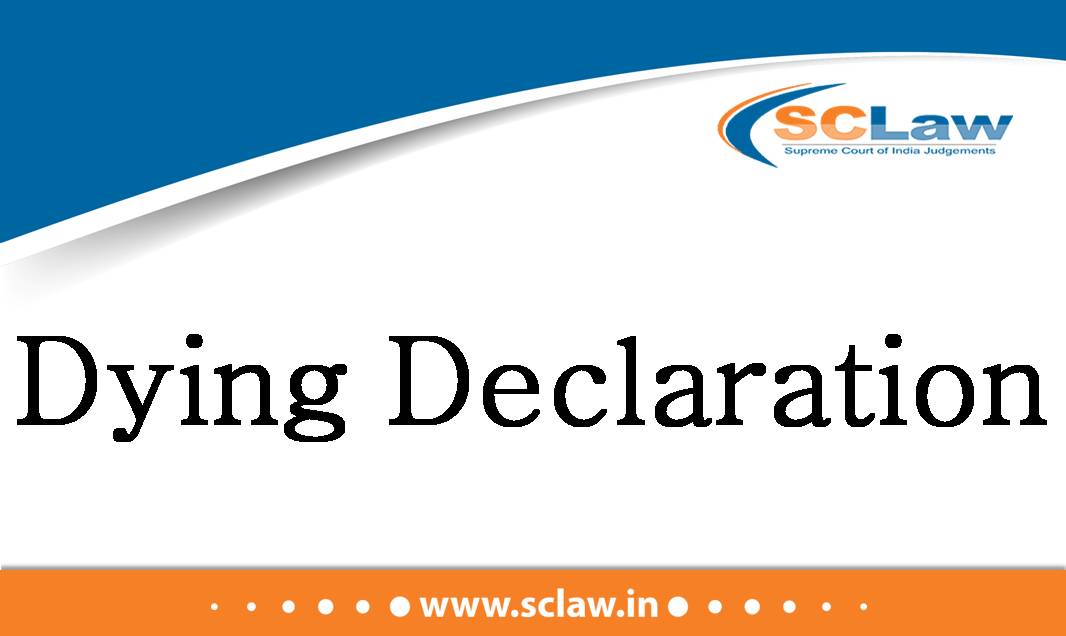Electricity Act 2003 – Section 126 – Kerala Electricity Supply Code, 2014 – Regulation 153(15) – Consumers in excess of the connected load/contracted load would amount to unauthorised use of electricity under explanation (b) to Section 126(6) of the Act 2003 – Regulation 153(15) of the Code 2014 is declared to be invalid being inconsistent with the provision of Section 126 of the Act 2003.
SUPREME COURT OF INDIA DIVISION BENCH KERALA STATE ELECTRICITY BOARD AND OTHERS — Appellant Vs. THOMAS JOSEPH ALIAS THOMAS M. J. AND OTHERS — Respondent ( Before : Dinesh Maheshwari…








